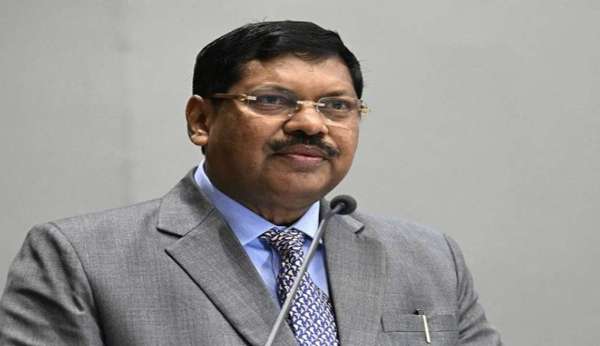
Nagpur: The Indian Constitution, which has “defined the boundaries” of the legislative, executive, and judicial branches of government, is crucial, according to Chief Justice of India (CJI) BR Gavai.

CJI Gavai emphasized that although the administration operates within the parameters of the law and the Constitution, the legislative and state assemblies are in charge of enacting laws.
Concerning “judicial activism,” the CJI said that it is essential to “upholding” the constitution and people’s rights.
“Judicial activism will always exist because it is essential to protecting both the Constitution and people’ rights. However, I believe that the limits of the three branches of the Indian government—the legislative, executive, and judicial branches—have been established by the Constitution. Whether it is the Parliament or the several State Assemblies, the legislature is responsible for enacting legislation. While speaking at an event in Nagpur on Friday, CJI BR Gavai said, “It is expected that the executive function according to the Constitution and the law.”
Though “judicial activism” must remain within the legal system, CJI Gavai believed that it shouldn’t be permitted to turn into judicial terrorism or judicial adventurism.
“If the judiciary tries to interfere in the executive and legislative fields in every matter, then I always say, though judicial activism is bound to stay, it should not be permitted to be converted into judicial adventurism and judicial terrorism,” remarked BR Gavai.
The Chief Justice said that the court must intervene when a measure that contradicts constitutional norms is passed beyond the purview of Parliament or a state assembly.
“When any law is made beyond the authority of Parliament or the Assembly, and it breaches the constitutional principles at that time, the judiciary can step in,” he said.